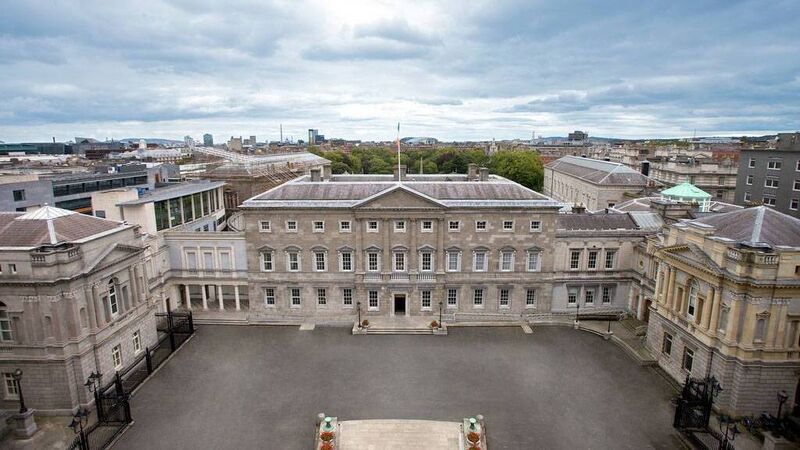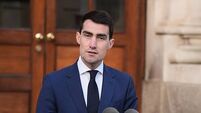Paul Hosford: Government flying kites on Budget 2023 but the public won't be strung along

With little room to move, the coalition Government is now in a place where it has a number of priorities. File Picture
If it feels like the air above your head is busier in the last few weeks, it's not just the unpredicted rebound in air travel, you may have noticed some kites.
The selective leaking of measures by the Government or lobbying through the media is nothing new, but this year's have come earlier and more pointedly.
















